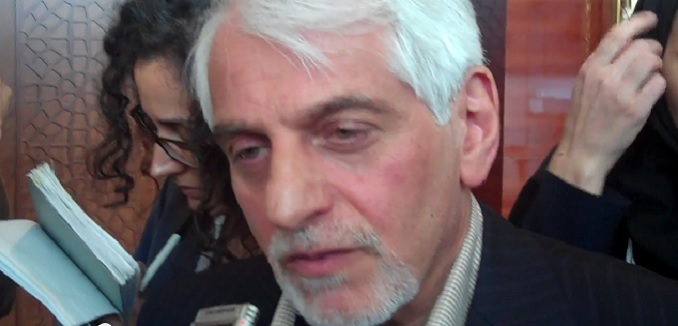The Wall Street Journal on Thursday conveyed commitments from Iran’s oil minister vowing to boost the country’s crude exports despite what the outlet described as “a cap agreed upon with the international community.”
The interim Joint Plan of Action (JPA) – which Iran and the P5+1 global powers had agreed upon last November – eased energy sanctions on the Islamic republic, permitting Tehran to export one million barrels per day (bpd). Iran has busted through that limit every month for six straight months, generating fears that the inflow in foreign currency and capital would erode the leverage of Western negotiators seeking to extract concessions regarding the country’s atomic program.
The dynamic had also seemed to align with the predictions of JPA critics, who had worried that the JPA’s partial erosion of the international sanctions regime would spiral into broader economic gains for Iran. The Obama administration had pushed back against those critics by insisting that so-called core sanctions remained robust. Energy-driven economic stabilization has nonetheless long been identified as a particular vulnerability in the White House’s gambit.
Iran has sought to split Washington from its European allies, and in recent days Iranian Deputy Energy Minister Ali Majedi floated the possibility of supplying the Continent with gas and fuel:
Iran might also find itself in a more favorable position if gas supplies to Europe from Russia come under more restrictions in the face of Russia’s standoff with the West in Ukraine.
“Iran can be a reliable partner for Europe: there are sufficient energy resources for cooperation with European countries and numerous projects exist in this connection,” the Iranian minister said.
Writing in Forbes this week, Michael Lynch energy expert Michael Lynch took issue with those who dismissed “[t]he suggestion that Iran might become a natural gas supplier to Europe as a more secure source than Russian gas,” outlining several plausible scenarios for delivery of the energy.
[Photo: Gérard Al-Fil / YouTube]




